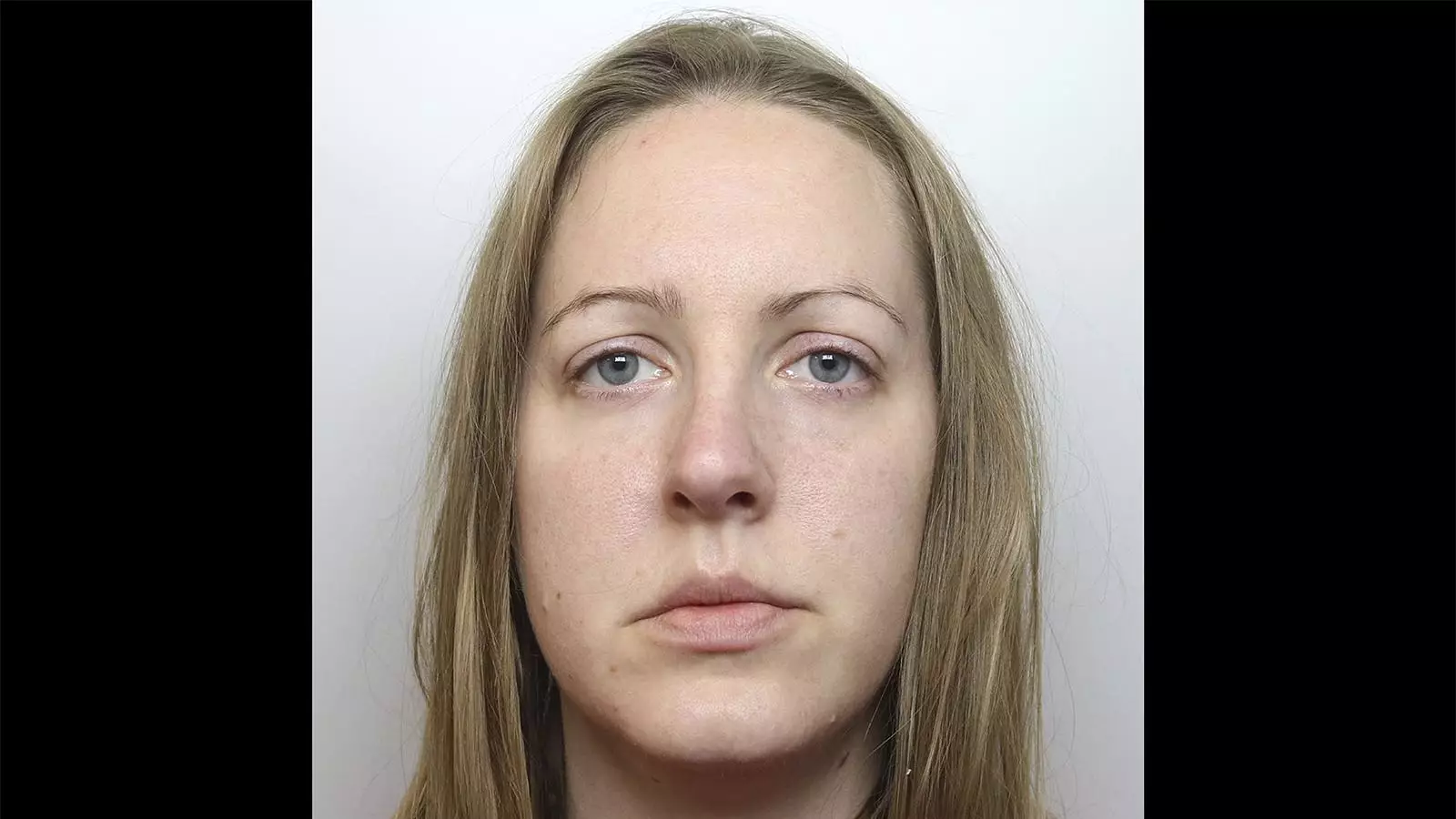The case of Lucy Letby, a former neonatal nurse convicted for the murders of multiple infants, has stirred significant debate and concern within legal and medical communities. Recently, her defense team announced plans to appeal her convictions based on new developments involving the prosecution’s lead expert witness, Dr. Dewi Evans. The specific nature of these developments raises critical questions about the reliability of expert testimony in judicial proceedings, particularly in emotionally charged cases like Letby’s. The implications of a re-evaluation could extend beyond her convictions, potentially affecting public trust in medical and legal institutions.
Mark McDonald, Letby’s attorney, plans to file for a re-examination of her convictions following Dr. Evans’ reversal of his initial opinion regarding how three infants—referred to in court as Baby C, Baby I, and Baby P—lost their lives. Originally, Evans asserted that Letby had injected air into the babies’ gastric tubes, a claim that was central to the prosecution’s case. However, his recent change of heart has raised questions about his credibility as an expert witness. McDonald argues that Evans’ inconsistency undermines the integrity of the jury’s decision-making process and merits a fresh look at the case.
In the world of criminal law, expert testimonies can make or break a case. They provide a specialized understanding of complex issues that lay jurors may struggle to grasp. Therefore, a prominent expert like Dr. Evans changing his stance is a significant event, especially when his earlier conclusions heavily influenced the prosecution. McDonald emphasizes this shift as evidence that “all the convictions are not safe,” suggesting that the foundation upon which Letby’s convictions rest may be fundamentally flawed.
Reopening an appeal in light of new evidence is not a straightforward process; legal practitioners have noted that such instances are rare. According to Sean Caulfield, a defense attorney with over two decades of experience, it is “vanishingly rare” for an expert witness to change their mind, particularly about key evidence in a case. Furthermore, the combination of a reversal from a lead expert and a petition to revisit a rejected appeal is unprecedented in his career. This complexity brings attention to the legal standards that govern the introduction of new evidence, especially when that evidence is tangentially related to previously settled matters.
In Letby’s case, the presence of more than 15 medical experts from across the globe reviewing the original trial evidence adds weight to her defense. This concerted effort to reassess the findings may expose procedural flaws or even draw attention to possible misinterpretations of medical data that led to Letby’s conviction.
The Letby case doesn’t exist in a vacuum; it sits within broader discussions about the responsiveness and responsibility of healthcare institutions. An ongoing inquiry investigating the failures of the Countess of Chester Hospital highlights how systemic issues may have contributed to a failure to protect vulnerable infants. This reinforces the notion that multiple factors can intersect oddly in highly specialized environments, potentially leading to tragic outcomes that are not the result of malevolence.
Moreover, a group of scientists, doctors, and legal experts have communicated their concerns regarding the vulnerabilities of legal systems when dealing with complex medical evidence. They caution that the risk of errors escalates in cases involving statistical anomalies in healthcare settings. Such warnings demand scrutiny and could prompt a reevaluation of how expert opinions are utilized in courtrooms.
Lucy Letby’s case has captured the attention of not just the legal system but the public at large. With fresh perspectives emerging on the key pieces of evidence used against her, it is vital that the Court of Appeal approach this matter with the gravitas it deserves. The intersection of medical expertise and legal accountability holds the potential for significant ramifications—both for Letby and the broader legal and healthcare frameworks. As inquiries continue and expert opinions evolve, the outcome remains uncertain, yet it underscores the need for rigorous scrutiny in the pursuit of justice.



Leave a Reply